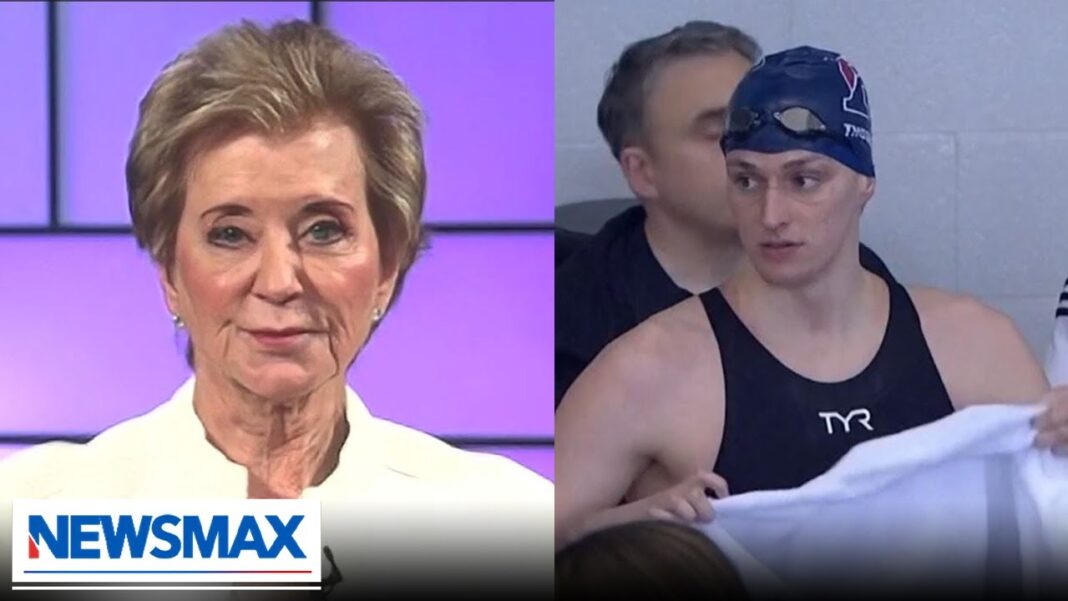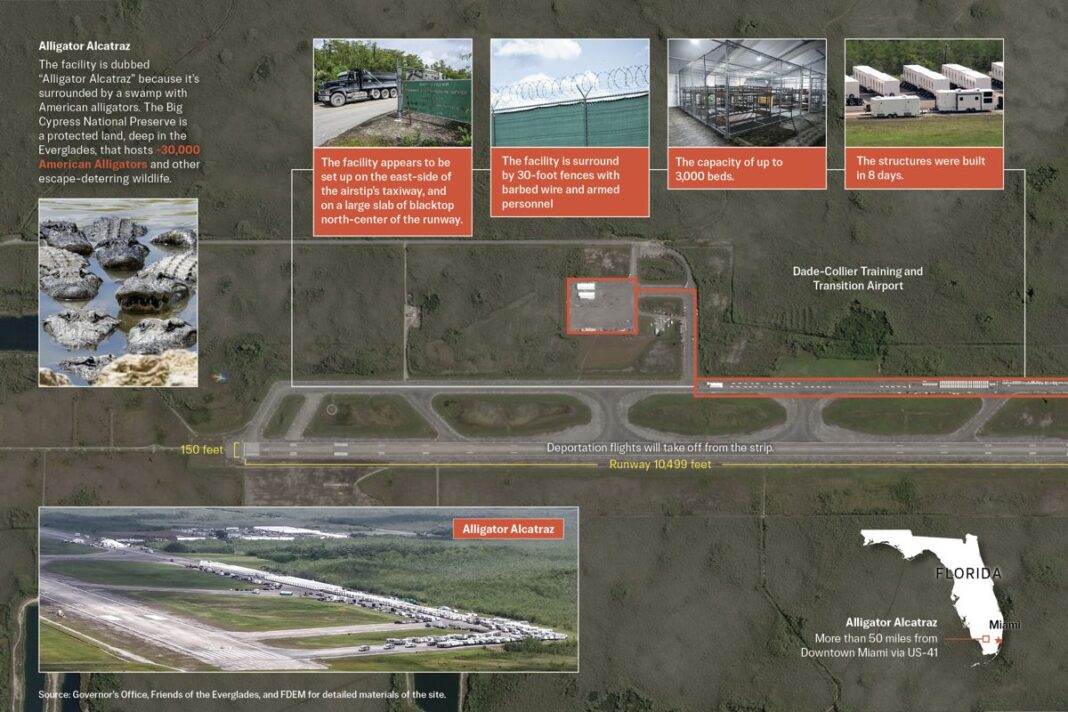During Xi’s decade-plus tenure, he centralized decision-making power through various CCP groups. Now, the Politburo is reviewing measures to regulate them.
News Analysis
China’s top leaders are proposing new rules to regulate a set of powerful commissions and groups established nearly a decade ago by communist Party chief Xi Jinping to centralize his power.
The proposed regulation was reviewed on June 30 during a closed-door meeting of the Politburo, the Party’s second-highest decision-making body, Chinese state media reported.
Details of the new measures are scarce. A summary of the meeting published by state mouthpiece Xinhua News Agency stated that the aim is to regulate these commissions’ “establishment, responsibilities, and operations.”
The changes target agencies called “decision-making, deliberative and coordinating institutions,” the report read, referring to more than a dozen Party groups that steer policies across various sectors, including financial services, foreign affairs, technological development, and education.
Many of these Party committees were established or gained more power in 2018 when Xi introduced a series of directives aimed at consolidating the Chinese Communist Party’s (CCP) dominance over state agencies in decision-making.
Officials at the June 30 meeting ordered to limit the reach of these groups, stating that they “must avoid taking over others’ functions or overstepping boundaries,” according to Xinhua.
The directive has raised eyebrows among outside observers, who consider it a rare signal that Party elites speak up against the direction Xi has taken the CCP.
“The Politburo essentially delivered a fierce denunciation of these groups: they are prone to focus on trivial issues and overstep,” Li Linyi, a Chinese current affairs commentator, told The Epoch Times.
Since the agendas of these groups’ meetings are determined by the Party’s general secretary, according to the CCP’s regulations, “such criticisms can be seen as directed at Xi Jinping himself,” Li said.
He linked this development to the power struggles within the Party’s top brass.
“It is highly likely that Xi’s power could face further limitations in the future,” Li said.
Echoing his comments, Shen Ming-shih, a China expert at the Institute for National Defense and Security Research, a think tank funded by the Taiwanese government, told The Epoch Times that the new rules were likely intended to set the stage for Party elders to return to the inner circle.
By Dorothy Li







